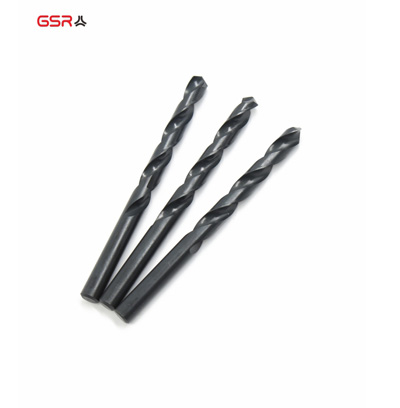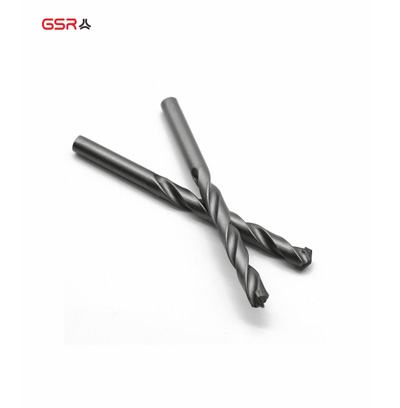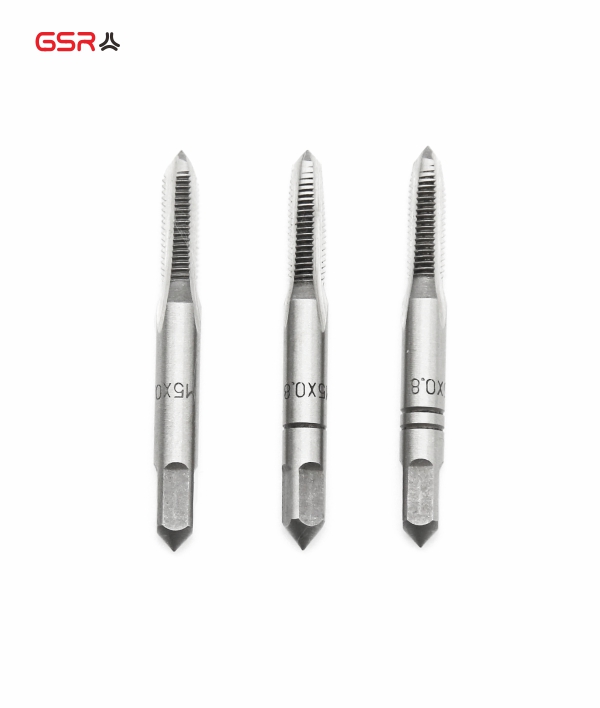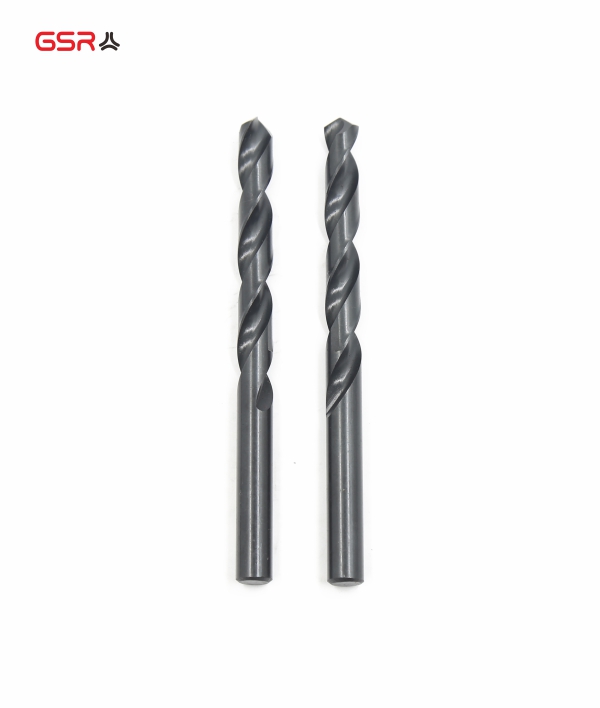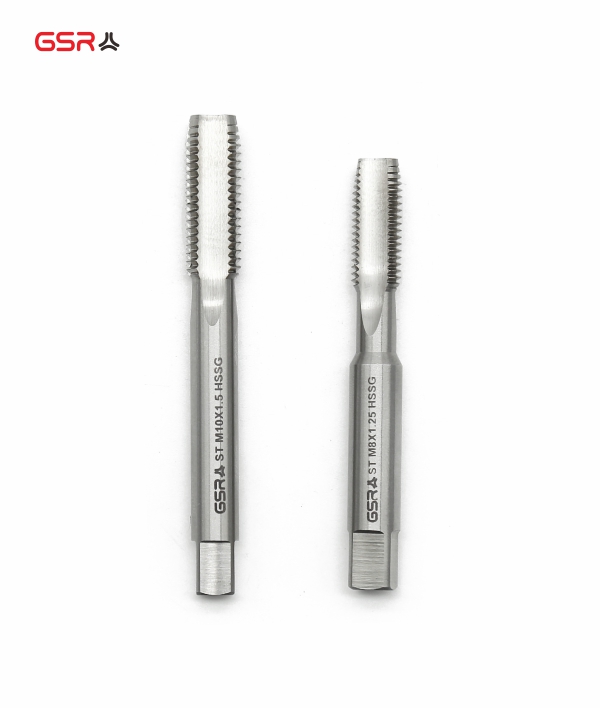When to Use Twist Drill Bits?
Twist drill bits are one of the most widely used types of drill bits and are often used for general-purpose, non-specialist drilling applications.
Although there are several different subtypes of twist drill bits, the basic design of all twist drill bits is similar. The main feature that defines a twist drill is its shape - twist drill bits are instantly recognizable by their familiar spiral or spiral-fluted profile.
Again, while there are many different types of twist drills intended for use in a variety of different materials and specific applications, all drills of this type share a number of key features. In addition to a spiral groove running around a cylindrical shaft, twist drills also have some form of cutting tip at one end and a shank (for inserting a drill chuck) at the other.
History of twist drill bits
The original concept of the Morse was to improve the ease and accuracy of drilling by producing a drill that started at a sharp point, with a slot along either side of the shaft to help push the cutting material (swarf) out and away from the hole as it progresses, the hole.
To this end, Morse patented an early manufacturing process in which he would cut two grooves on opposite sides of a cylindrical metal bar and then twist the bar under high torque to produce the now familiar spiral or spiral double groove. Although the actual production mechanism has been extensively mechanised and streamlined, Morse's original twisting method of creating spiral flutes is where the name of this drill comes from.
When to use twist drill bits?
You can pretty much default to using a twist drill bit unless there’s a good reason not to. For example, a twist bit is ideal for pre-drilling for screws, drilling a hole partway through your material, drilling at an angle, making an existing hole bigger, and drilling holes in wood, plastic, and metal.
When not to use twist drill bits?
You shouldn’t use a regular twist drill bit when drilling through unique material like concrete, tile, or glass. Twist drill bits only go up to about ½” in diameter, so when you need a hole bigger than that you’ll need to opt for a different kind of drill bit. When you need a clean entry and you just can’t get it from a twist bit, a spade bit could do the trick. And lastly, you shouldn't use a twist drill bit when pre-drilling just isn’t necessary. You’ll need to evaluate that on a case-by-case basis, but in general when you’re not driving screws close to the edge, or you’re building something that doesn’t need a particularly neat finish, you can think about dropping this step and saving yourself the hassle.
Twist Drill Bit Sizes
When purchasing twist drill bits, the size of the twist drill bit as stated in the manufacturer's specifications always refers to the length and diameter of the bit body.
For most applications, the largest size twist drill bit you are likely to find in most drill sets is likely to be around 25mm to 30mm. However, unless you are doing particularly heavy work, it is often much more common to use a range of smaller and shorter twist bits in many typical applications.
It is also worth noting that drill sizes can be expressed in either imperial or metric measurements and most twist drill sets contain a good range of sizes to cope with most everyday tasks. Smaller twist drill bits are most commonly used for precision drilling jobs or for installing smaller, more complex fixtures, fasteners and hardware.
You should also be aware of the twist drill shank size required for the drill you will be using on the job. Generally, most cordless drills have a 10 mm upper chuck size, but larger, more powerful drills can often accommodate larger shank sizes to allow the use of larger, longer drills. Therefore, if deep or wide holes need to be drilled, it is advisable to choose a drill with a larger collet to accommodate a twist drill with a thicker shank.
Alternatively, investing in a twist drill set will provide you with a range of different drill sizes, ideal for performing multiple tasks in a variety of applications.






